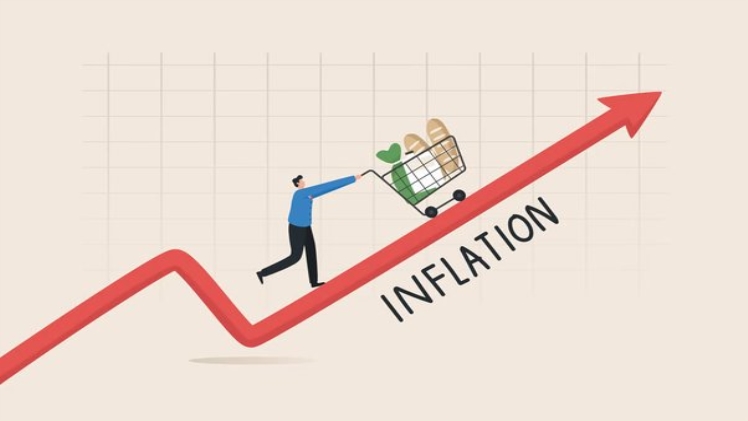Definition
Inflation is an economic concept that refers to a sustained increase in the general price level of goods and services in an economy over a period of time. It is measured as an annual percentage increase. When the general price level rises, each unit of currency buys fewer goods and services. Consequently, inflation reflects a deterioration in the purchasing power of money – a loss of real value in the internal medium of exchange and unit of account in the economy.
The Necessary Evil
Inflation has been a major problem in the global economy for decades. Inflation is a general rise in the prices of goods and services in an economy over a period of time. It is caused by an increase in the money supply, which leads to an increase in demand for goods and services. Inflation can have a significant impact on the global economy, as it can affect the cost of living, investment, and consumption decisions.
All Probability to Effect The Global Economy
Inflation affects the global economy in several ways. First, it can reduce the purchasing power of consumers. Inflation reduces the purchasing power of individuals and households, as it causes the prices of goods and services to increase. This means that individuals have less money to spend on necessities and luxuries, which can lead to an overall decrease in consumption. As a result, businesses may suffer from reduced revenues, resulting in layoffs and reduced output.
Second, inflation can also affect investment decisions. Inflation can decrease the value of investments, as it reduces the return on investments. Investors may be hesitant to invest in markets with high inflation, as their returns may be lower than in more stable markets. This can lead to reduced investment and a decrease in economic growth.
Third, inflation can also affect the cost of borrowing. High inflation can lead to an increase in interest rates, which can make it difficult for businesses and individuals to borrow money. This can lead to a decrease in economic activity, as businesses and households may not be able to afford to borrow money to purchase items or make investments.
Inflation can also lead to political and economic instability. Inflation can lead to a decrease in public confidence in the government, as well as a decrease in consumer confidence in the economy. This can lead to political unrest, as well as a decrease in economic growth.
In order to combat inflation in the global economy, governments and central banks must take measures to stabilize prices and reduce the money supply. Governments can take steps such as increasing taxes, reducing government spending, and implementing monetary policies to reduce the money supply. Central banks can also use a variety of tools such as raising interest rates, buying and selling government bonds, and using the foreign exchange market to stabilize the currency.
In conclusion, inflation can have a significant impact on the global economy. It can reduce the purchasing power of consumers, affect investment decisions, and lead to political and economic instability. Governments and central banks must take measures to stabilize prices and reduce the money supply in order to combat inflation in the global economy.


